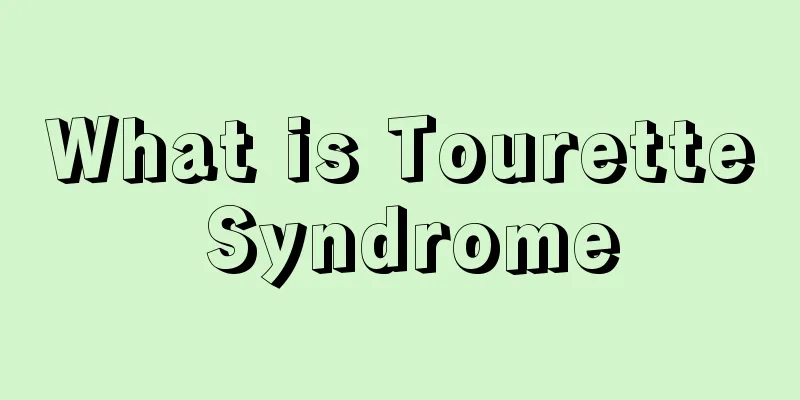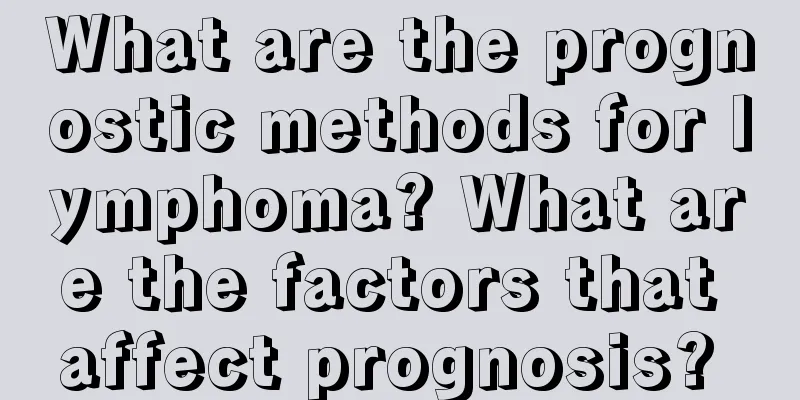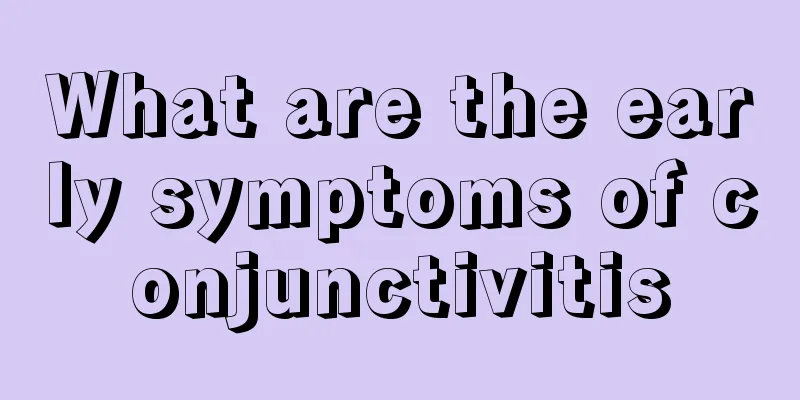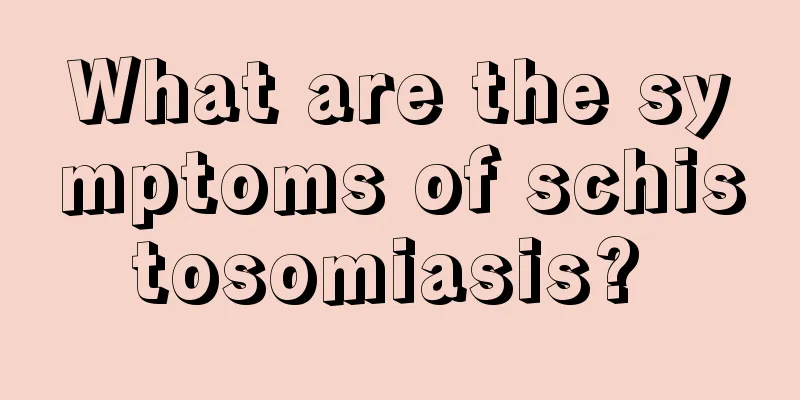What is Tourette Syndrome

|
Tourette syndrome is a relatively rare disease, so many friends don’t know much about it. So what is Tourette syndrome? Next, this article will introduce you to the relevant content about Tourette syndrome for your reference only. If you want to know more about Tourette syndrome, please continue reading! Please see the detailed introduction below. Tourette syndrome refers to a tic disorder characterized by involuntary, sudden, multiple tics accompanied by explosive vocalizations and foul language. It is more common in males, with a male to female ratio of 3:1, and more than 90% of them develop between the ages of 2 and 12. Tourette syndrome may be an autosomal dominant disease with variable penetrance. Cornings et al. believe that patients with multi-gene genetic diseases have a 50% chance of passing the genetic factors to his (her) offspring. The genetic predisposition may not fully manifest the symptoms of Tourette syndrome in the offspring. The patient may only show mild tics and compulsive behaviors, or may only pass the genes to the offspring without showing clinical symptoms. How is Tourette syndrome treated? Generally, patients with mild symptoms do not need treatment. Patients with severe symptoms can be treated according to the following methods: 1. Drug treatment For those who have been diagnosed, drug therapy should be used early. The treatment principle is: start with a small dose and slowly increase the dosage to reduce side effects. This is especially important when using nerve blocks or clonidine. Treatment must have a certain course of treatment and an appropriate dose. It is not advisable to change the drug too early. When only partial symptom improvement occurs with a single drug or when Tourette syndrome has complex accompanying symptoms, combination therapy may be considered. However, multiple medications are not the best approach and should be used with caution. Regarding maintenance treatment, since drug treatment is symptomatic, a certain period of maintenance treatment should be carried out. The duration of maintenance treatment should be determined according to the specific circumstances of each patient. For milder patients, maintenance treatment requires 6 to 12 months, and for severe patients, maintenance treatment should be 1 to 2 years or longer. The maintenance treatment dose is generally 1/2 to 2/3 of the treatment dose. 2. Psychotherapy The adverse effects of this disease on personality are very common, and thus patients will be affected by a high degree of psychopathology. Some may still be unable to adapt to society even after the tics are controlled. Therefore, emphasis should be placed on causal and symptomatic treatment while paying attention to mental and psychological treatment. 1. Supportive psychotherapy: For patients with Tourette syndrome, the purpose of psychotherapy is not to directly eliminate tic symptoms. It is mainly to support and help patients eliminate psychological distress, reduce anxiety and depression, and adapt to the real environment. While using drug treatment, attention should be paid to the patient's learning and living environment, timely resolve the stress in the environment, and provide psychotherapy and psychological education. 2. Behavioral therapy usually includes the following methods: ① Negative practice method; ②Self-monitoring method; ③Relaxation training;. ④Behavioral reversal training. 3. Surgical treatment For refractory Tourette syndrome, surgical treatment is available. Stereotactic destruction of the ventrolateral nucleus of the zona incerta or the intermediate lamina of the thalamus is often used to reduce the severity of tics in refractory Tourette syndrome, which has significant long-term effects. The above is an introduction to what Tourette syndrome is. I believe that after reading the above introduction, you already know what Tourette syndrome is. From the above introduction, we can understand the definition, symptoms and related treatments of Tourette syndrome. This knowledge can help us better understand the disease of Tourette syndrome. |
<<: What are the complications after femoral head replacement surgery
>>: What are the indicators of mild anemia
Recommend
What are the main causes of skin cancer
Many people are prone to skin cancer without know...
What are the symptoms of internal hemorrhoids? Are you affected?
Internal hemorrhoids are a type of hemorrhoids, s...
Is the occurrence of melanoma related to age?
Melanoma may not be very familiar to everyone. Yo...
What is the most effective way to treat red blood streaks
Sometimes we may come across some people with red...
What vegetables are good for detoxification?
Liver disease is something none of us want to fac...
How to care for breast cancer patients? 9 common postoperative care methods for breast cancer patients
Breast cancer is a common disease in life, most o...
How to make the sauce for pot-fried pork
Sweet and sour pork is a common home-cooked delic...
Are stainless steel pots harmful to the human body?
When cooking food, we often cannot do without the...
Foodborne illnesses include
People may not have heard of the term foodborne i...
What material is good for dentures
Many elderly people worry more or less about dent...
Can soaking your feet in traditional Chinese medicine prevent joint diseases?
In life, many people suffer from joint diseases. ...
Tomatoes can protect prostate health. Superfoods that are good for the prostate
The prostate is a male-specific reproductive orga...
Can yam and white radish be eaten together? How to make them delicious
Some friends believe that eating yam and white ra...
What are the treatments for testicular cancer
Testicular cancer is a very serious male disease ...
How to cure stockings addiction
Stockings are a very familiar item for women. Wom...









